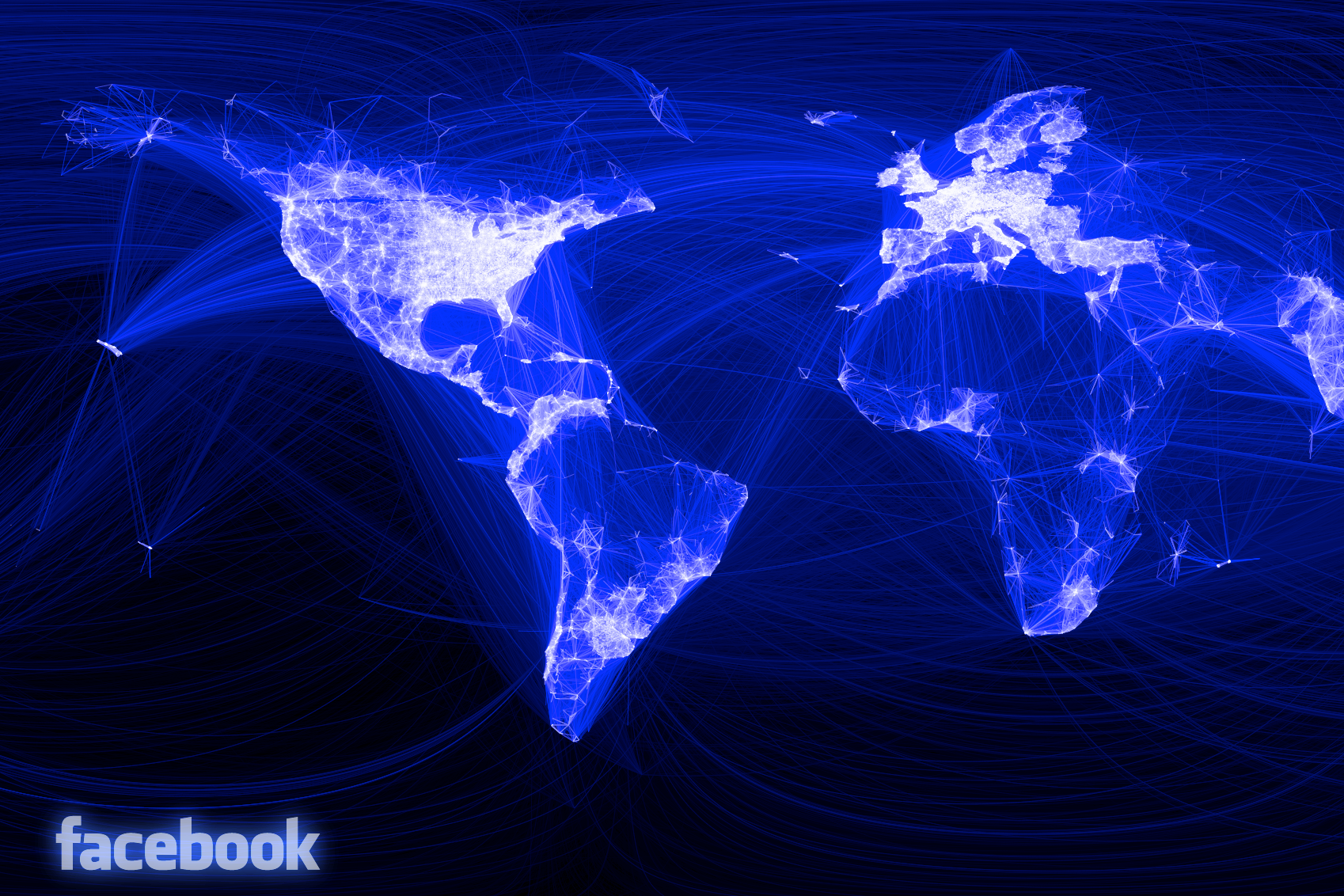I thought about this idea this morning at the gym. It’s hardly revolutionary but I wanted to put some thoughts down about it.
You hear constantly that Facebook will eventually age itself out. I’ve even written about this concept. It makes sense: Facebook is global and dominant and would be a huge country on its own, etc. — but it’s also a tech thing, and tech things move and change quickly. Remember: Facebook is only 11 years old this year. Microsoft is what, 30 or so? 35? We’ve already seen six-seven iterations of that company, and we’re in the middle of another new, huge one. Point is: things change. You probably knew that before you got to this post.
Despite that, I have a ton of friends who consistently bemoan Facebook and what a jack-wad it’s become (ads that don’t correspond to you, statuses from people you don’t really care about, etc.) and yet still use it pretty much all the time to update people on their life or get updates on other people. So if people hate it, but they keep going back to it — almost like it’s one of those bad-ex situations — well, why is that?
Especially when you consider the notion that Facebook may have scientifically destroyed the idea of actual friendship, it gets a little weirder. Relationships are different and people are frustrated (generalizations, yes), but people are still flocking to the platform and using it for their life-shares (their me-forming). So … if it makes us sad and see what other people have that we don’t and all that, why is it still a thing?
Well, it’s pretty simple: that’s where the people you actually know are. Twitter you mostly follow people you don’t know. Instagram you do some of that and some of people you do know. Snapchat is all people you know (or just met in a bar and want to see the dick of), and that’s growing like wild. Facebook owns your “actual connections” graph, give or take — because it contains family, friends, acquaintances, co-workers, etc. (Usually.) Snapchat and Instagram don’t necessarily contain these things. People are on Facebook. That’s where stuff happens, even if it seems disjointed often. That’s where you learn about babies and engagements and promotions and deaths and other pivotal life moments, right?
There’s an important lesson, then, from Facebook about work. And it’s not “Facebook is a good place to fuck around while at work.”
Here’s the bouncing ball:
- The core essence of a human being is that they want to feel connected to others and to things outside of themselves.
- They want to know what their friends and family are up to (mostly), but also share their updates with friends and family and receive some type of response (likes, shares, comments) in return.
- Everyone is like this, even if you don’t have a Facebook account. If you e-mail someone or call someone and the response isn’t what you expected, you’re upset or a little ticked. This is life. We’re social beings. We want social connectivity.
- (None of this means you should, as a business, actually measure social engagement. That’s a different topic.)
So what we’ve understood from Facebook’s popularity, potentially, is that we crave interaction, engagement, and social connectivity. Basically, we want to know, and we want what we share to be well-regarded as well. We want relationships and connections.
Now stop and pivot.
Think about work.
How does most work take place? In cubicles or other areas. With your head down, focusing on your deliverables and tasks. Sure, you have meetings. (A lot of them.) And maybe, depending on your office, you have happy hours and social entanglements and the like.
But …
- Most of your work is actually done alone.
- When you do work with others, it’s typically like-minded others because of the whole idea of silos.
- When you mostly spend time with people like yourself, that’s actually bad for you.
- You also probably don’t feel like you’re respected.
- (Or have purpose.)
- (Or have anyone listen to you.)
So stop and think about this for one second.
You could argue that Facebook is the most important thing that’s happened to relationships and connection in 20+ years, right? And the whole idea behind it is that we want to see others, feel connected, and feel like what we’re saying and putting forth is valued.
Now look at how we structure work. It has almost none of those components, at the broadest level.
Does that seem weird to anyone else?
